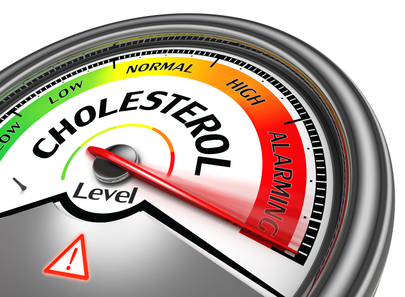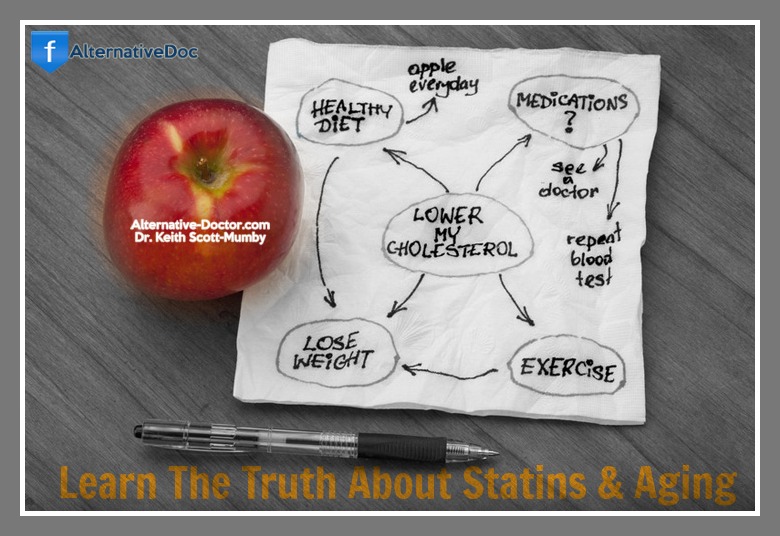You need to know your numbers.
If you have access to a television, chances are you’ve seen a commercial where a somber-looking person in a lab coat talks about your numbers. Your blood pressure, your cholesterol, the important things.
That commercial was paid for by a pharmaceutical company with the sole intention of sending you to your doctor to ask for a specific medication. A medication they are marketing for the only purpose of increasing their profits.
If you go, it is highly probable that your doctor will make sure you get that drug.
The Shady Side of Pharmaceutical Drugs
Have you ever been sitting in your doctor’s waiting room, usually half an hour past your scheduled appointment, and someone in a nice suit walks in who is waved through to the back?
That person is a pharmaceutical drug rep. They are there to provide “free samples” to your doctor. Samples intended to be given away to their patients – along with a prescription to get more.
Your doctor probably gets them. In one survey, 8 out of 10 doctors admitted to receiving free samples, gifts, or actual cash payments from pharmaceutical companies.
In the world of illegal drugs – this would be considered a kickback.
The Numbers, the Drugs, and You
While you might appreciate getting those samples when you’re prescribed a new medication, there is a chance that you don’t need that medication in the first place. You need to realize that the medication prescribed increases sales and profits for companies who already make billions annually.
Which brings us back to your numbers.
Some are common sense. If your doctor takes your blood pressure and your reading is 180/120 then you may need medication to lower your pressure. However, making an evaluation of the stressors in your daily life might not be a bad idea either.
The other big number these days is your cholesterol. That’s where the numbers stop adding up. According to information published by the prestigious Mayo Clinic, your cholesterol readings should not be over 200.
In fact, if it rises above that number, your doctor is likely to place you on a statin drug.
Statins are a group of drugs designed to block the action of a chemical in your liver that’s necessary to produce cholesterol. If you take enough of them, your cholesterol levels go down.
Which is good, right?
Cholesterol – the Pharmaceutical Shell Game
Let’s go back to the numbers.
We’re told now that our cholesterol shouldn’t be above 200. However, in 1981 the “normal” cholesterol range for a 50-year-old individual was between 150-350. What changed?
The answer, while glaringly obvious, often goes undetected. In 1987, the pharmaceutical giant Merck released the drug Lovastatin on the market. Statins are now the largest selling class of drugs in the world and the companies behind them want you to believe they’re completely safe.
Instead of taking their word for it, let’s look at the facts. Statins have been shown to increase your risk of heart failure, depression, and shorten your life span.
 Instead of prolonging your life, statins will actually make you age faster! That’s right statins and aging go hand in hand.
Instead of prolonging your life, statins will actually make you age faster! That’s right statins and aging go hand in hand.
Between 1976-1980 – the “pre-statin” era – the average 75-year-old had around a 3% chance of developing congestive heart failure (CHF). Studies done between 1988-1991 show that the same individual on statins now has nearly a 1 in 10 chance of developing CHF!
Yet the marketing states that statins are good for your heart!
Research published in Britain showed that some patients taking statins suffered from mood swings, short-term memory loss, and depression. Other studies linked statins to kidney failure, liver dysfunction, cataracts, and myopathy.
We Need Cholesterol – Don’t Buy the Hype
Despite the bad publicity, your body needs cholesterol. 25% of all of the cholesterol in your body is in your brain. Without cholesterol, your brain would cease to function!
Cholesterol works with the synapses of your brain, helping the cells to communicate. It is an important part of the myelin sheath – the casing of our spinal cord and nerve fibers – which keeps the signals transmitted from our brains from being lost.

The post The Truth About Statins and Aging appeared first on Dr. Keith Scott-Mumby.

